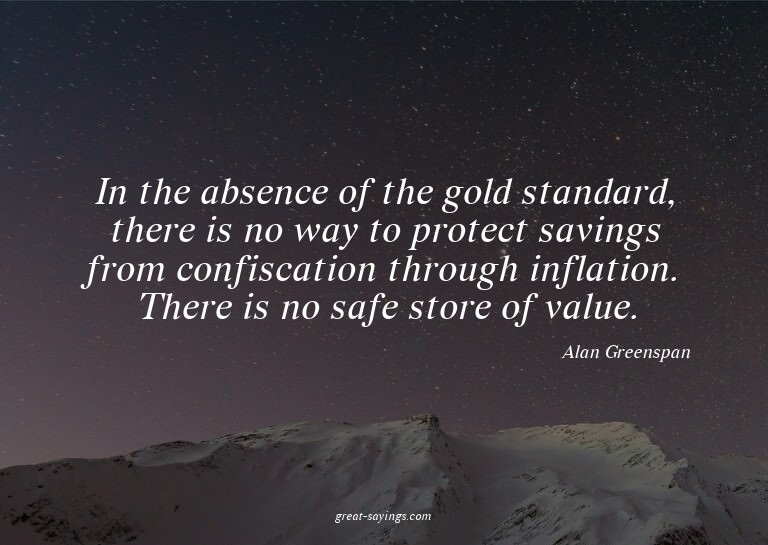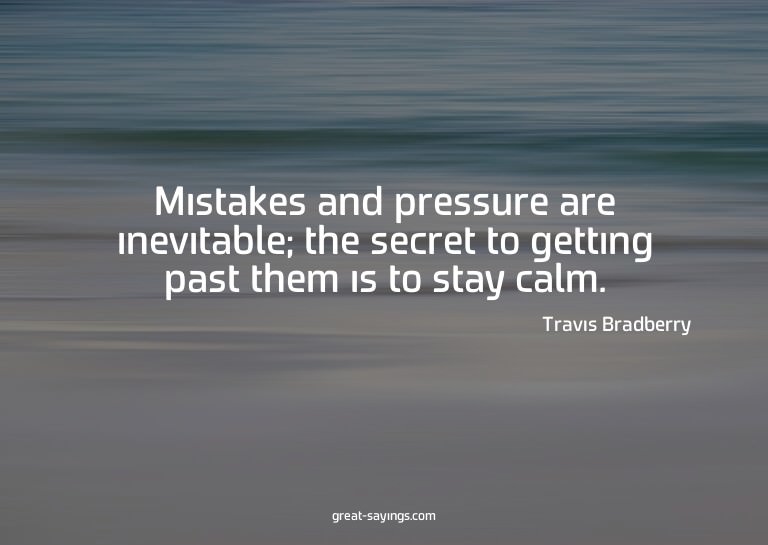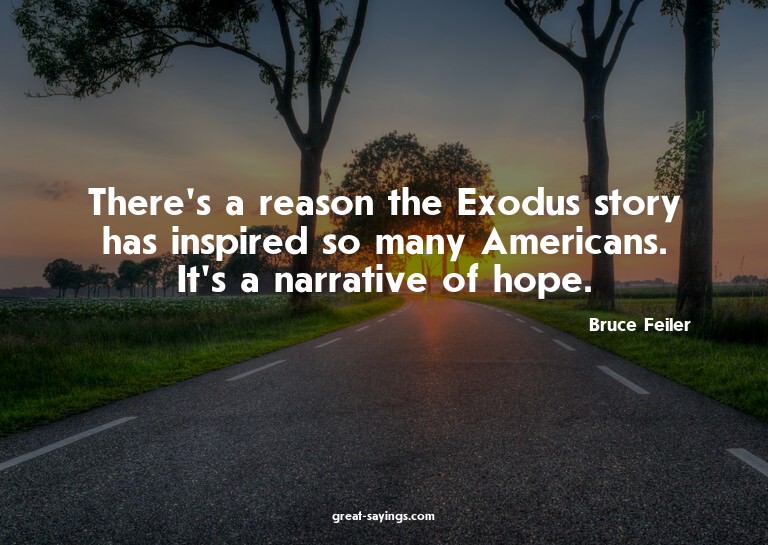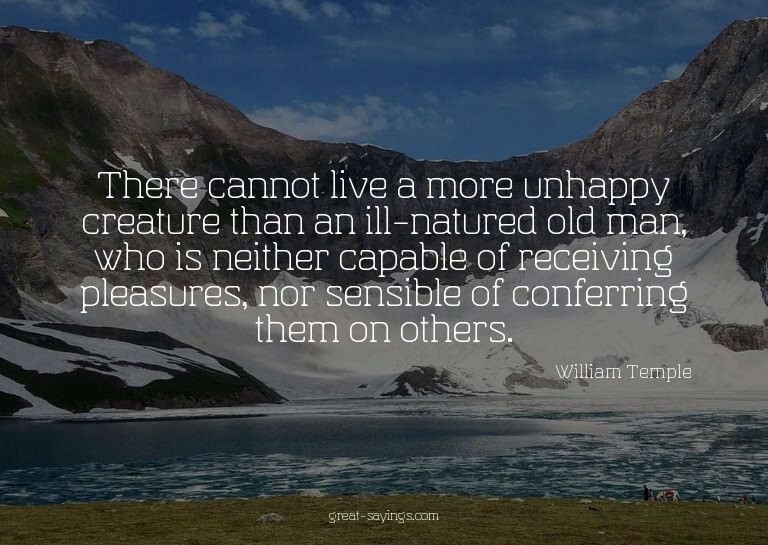Words matter. These are the best Edmund Morgan Quotes, and they’re great for sharing with your friends.
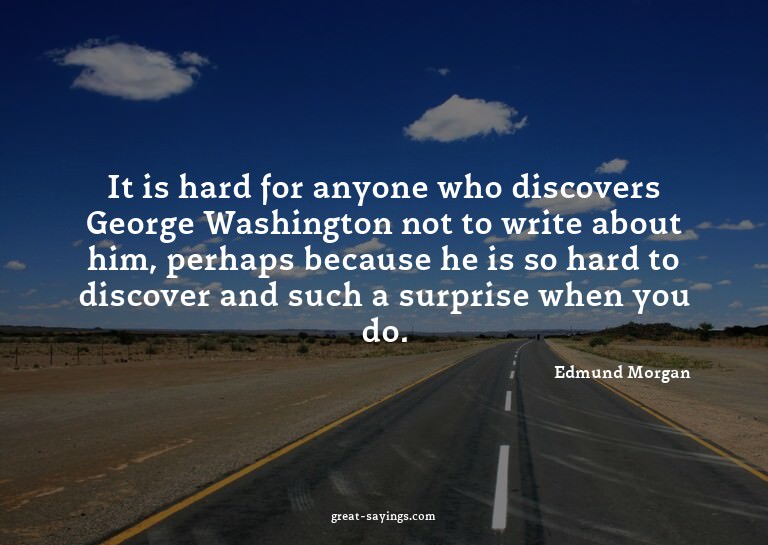
It is hard for anyone who discovers George Washington not to write about him, perhaps because he is so hard to discover and such a surprise when you do.
Americans, perhaps more than most people, have pondered the question of who they are and what their country is.
The famous convention of 1787 met in Philadelphia to define the additional powers needed to enable Congress to do its job effectively. Instead, the convention proposed a brand new national government.
The difference between eccentricity and originality in historical studies is often difficult to detect at first encounter. When a radically new interpretation of a large segment of history makes its appearance, time is needed to sift the evidence.
In 1595, by order of the Privy Council, the English armed services abandoned the longbow and fought with muskets for the next two centuries and more. Nobody is sure why.
Cotton Mather is one of those classic figures of American history who can’t be left out. One has to explain him or explain him away, redeem him or denounce him.
Washington presided at the Constitutional Convention of 1787 and is often credited with its success. But he had no known part in drafting its provisions.
History, at its best, always tells us as much indirectly about ourselves as it does directly about our predecessors, and it is often most revealing when it deals with episodes and phenomena that we find repulsive.
The southern colonists were not preoccupied with their own historical significance and mostly did not bother even to make the records of births, marriages, and deaths that they required of themselves by law. Nor did they write accounts of what they were up to for the benefit of posterity.
Vox populi vox dei: the voice of the people is the voice of God. The slogan was useful for those who first attempted to substitute the people for God as the source of political authority. Their attempt was ultimately so successful that God no longer seems to be needed in government.
Who would think it possible to redirect historical scholarship by explaining what Thomas Jefferson said in the Declaration of Independence?
The three hundredth anniversary of the Salem witch trials of 1692 comes at a time when witchcraft commands a scholarly attention that would have been puzzling in 1892 or even in 1792.
It was not necessary and might even have been disadvantageous for a government to claim a direct personal commission and communion of the kind God had given some rulers in the Old Testament. A working government might need the support of the Church but not of God Himself in a voice from on high.
Everybody knows that Alexander Hamilton was a founding father of the United States, a young father to be sure: only thirty at the time of the Constitutional Convention and just turned thirty-eight when he left behind his brilliant career as Secretary of the Treasury.
Both European and American historians have done away with any conceptual limits on what in the past needs and deserves investigating. The result, among other things, has been a flood of works on gender history, black history, and ethnic history of all kinds.
Some men look at constitutions with sanctimonious reverence and deem them like the Ark of the Covenant, too sacred to be touched. They ascribe to men of the preceding age a wisdom more than human and suppose what they did to be beyond amendment.
Liberty had many friends in the eighteenth century.
By 1892, enlightenment had progressed to the point where the Salem trials were simply an embarrassing blot on the history of New England. They were a part of the past that was best forgotten: a reminder of how far the human race had come in two centuries.
The musket could not be aimed except in a general direction; a bow in the hands of a skilled archer could regularly hit and kill an enemy completely beyond musket range.
The musket, always a muzzleloader, took minutes to reload; an archer could aim and fire up to a dozen arrows in a minute. Muskets required continual cleaning and repair; bows were quickly made and easily maintained.
The preoccupation of American historical and literary scholars with the New England Puritans must seem to outsiders like an obsession.
Most historians don’t much like generalizations. Indeed, they make a trade of showing that this or that generalization about the past will not work here or there or then.
Apart from the intrinsic interest of the complex system of beliefs the Puritans carried with them, their lives give a clue to what it meant at the beginning to be American. And the level of scholarship dealing with them has reached a point where it can address the human condition itself.
So many able historians have worked over seventeenth-century New England that one would think there was little left to be learned from the people who lived there – fewer than 100,000 at the end of the century. Seldom, apart perhaps from the Greeks and Romans, have so few been studied by so many.
In 1787, many Americans were convinced that the ‘perpetual union’ they had created in winning independence was collapsing. Six years earlier, in the Articles of Confederation, the thirteen state governments had surrendered extensive powers to a congress of delegates from each state legislature.
The Puritans left behind so full a record of what they thought and did that scholars cannot resist the temptation to make the most of it.
The men and women who occupied the east coast of North America between 1607 and 1800 have been more closely scrutinized than any other collection of people in American history.
Why consider debates in the English House of Commons in 1628 along with documents on American developments in the late eighteenth century? The juxtaposition is not capricious, because the Commons during this period generated many of the ideas that were later embodied in the government of the United States.
The starting point for the new history, both in Europe and America, has been the record of births, marriages, and deaths, which most literate societies preserve in one form or another. In colonial America, surviving records of this kind – as of every other kind – are most abundant for New England.
In France, where Franklin had lived from 1776 to 1785, he had won an extraordinary place in the public mind. The French had lionized him to the point of absurdity – or so at least his colleagues in the American mission thought.
The colonial period has been the proving ground in America for the new social history, which concentrates on the ordinary doings of ordinary people rather than on high culture and high politics. Unfortunately ordinary people, almost by definition, leave behind only faint traces of their existence.
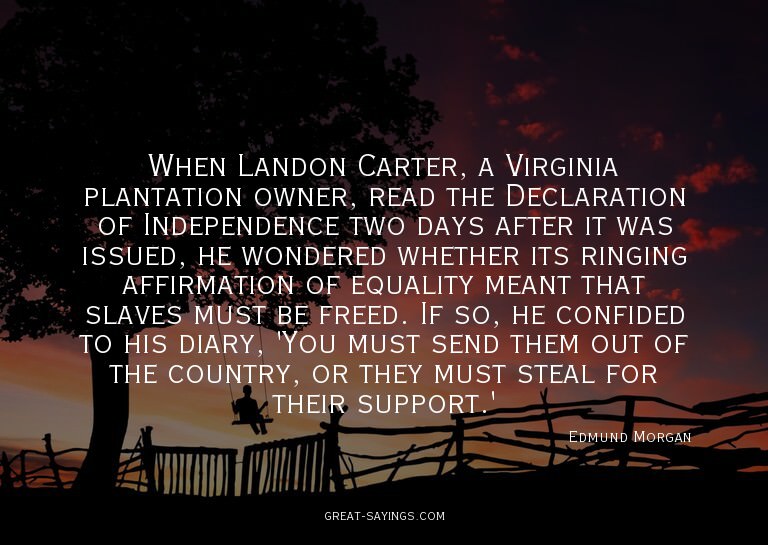
When Landon Carter, a Virginia plantation owner, read the Declaration of Independence two days after it was issued, he wondered whether its ringing affirmation of equality meant that slaves must be freed. If so, he confided to his diary, ‘You must send them out of the country, or they must steal for their support.’
The first English settlers of North America knew they were making history. New Englanders in particular were so sure of it that they started writing their own accounts of themselves as soon as they got here.

